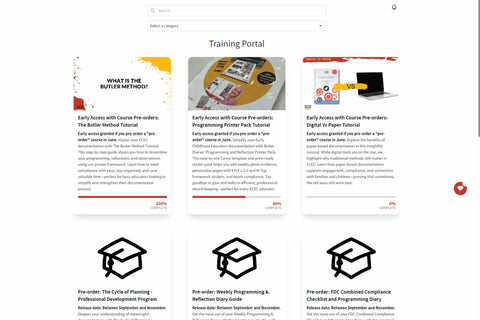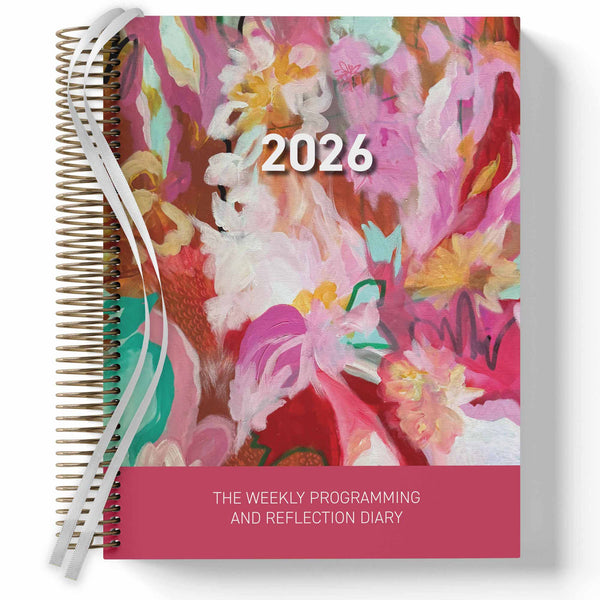Being a tradie comes with its own set of challenges, and one of the most crucial aspects is managing finances effectively. Whether you're a plumber, electrician, carpenter, or any other trade professional, understanding how to budget and plan your finances is essential for long-term success and stability. In this blog post, we'll explore some practical budgeting tips and financial planning strategies tailored specifically for tradies.
-
Track Your Income and Expenses: The first step in effective financial management is to know where your money is coming from and where it's going. Keep track of all your income sources, including wages, invoices, and any other payments. Similarly, meticulously record your expenses, including tools, equipment, vehicle maintenance, fuel, insurance, and any other business-related costs. This tracking can be done using accounting software, spreadsheets, or even your Construction Diary, whichever method works best for you.
-
Create a Realistic Budget: Once you have a clear picture of your income and expenses, create a realistic budget that accounts for all your financial obligations. Allocate funds for essential expenses such as rent or mortgage, utilities, groceries, transportation, and business overheads. Additionally, set aside money for savings, emergency funds, and retirement planning. Be sure to leave some room for discretionary spending but avoid overspending on non-essential items.
-
Separate Personal and Business Finances: It's crucial to keep your personal and business finances separate to maintain clarity and transparency. Open separate bank accounts for your personal and business transactions. This separation not only simplifies accounting and tax filing but also helps you better understand your business's financial health and profitability.
-
Set Aside Taxes: As a tradie, you're likely self-employed or operating as a small business owner, which means you're responsible for paying taxes on your income. Set aside a portion of your earnings regularly to cover income tax, GST (if applicable), and any other relevant taxes. Consult with a tax professional to ensure compliance with tax laws and to optimise your tax deductions and credits.
-
Plan for Irregular Income: Tradie income can be irregular due to factors such as seasonal fluctuations, project-based work, or unforeseen circumstances. To manage this variability, create a budgeting strategy that accounts for lean periods and windfalls. Build up a cash reserve during busy times to cover expenses during slower months. Additionally, diversify your income streams or consider offering additional services to stabilise your earnings.
-
Invest in Insurance: Protect yourself and your business by investing in insurance coverage tailored to your trade. This may include public liability insurance, income protection insurance, tool insurance, vehicle insurance, and workers' compensation insurance. While insurance premiums may seem like an added expense, they provide valuable financial protection against unforeseen accidents, damages, or legal liabilities.
-
Continuously Educate Yourself: Stay informed about financial management best practices and seek opportunities for ongoing education and skill development. Attend workshops, seminars, or online courses related to finance, accounting, and business management. The more knowledgeable you are about financial matters, the better equipped you'll be to make informed decisions and achieve your financial goals.
Managing finances as a tradie requires discipline, foresight, and strategic planning. By implementing these budgeting tips and financial planning strategies, you can gain greater control over your finances, minimise financial stress, and work towards building a more secure and prosperous future for yourself and your business. Remember, financial success is not just about how much you earn, but how effectively you manage and utilise your resources.



















